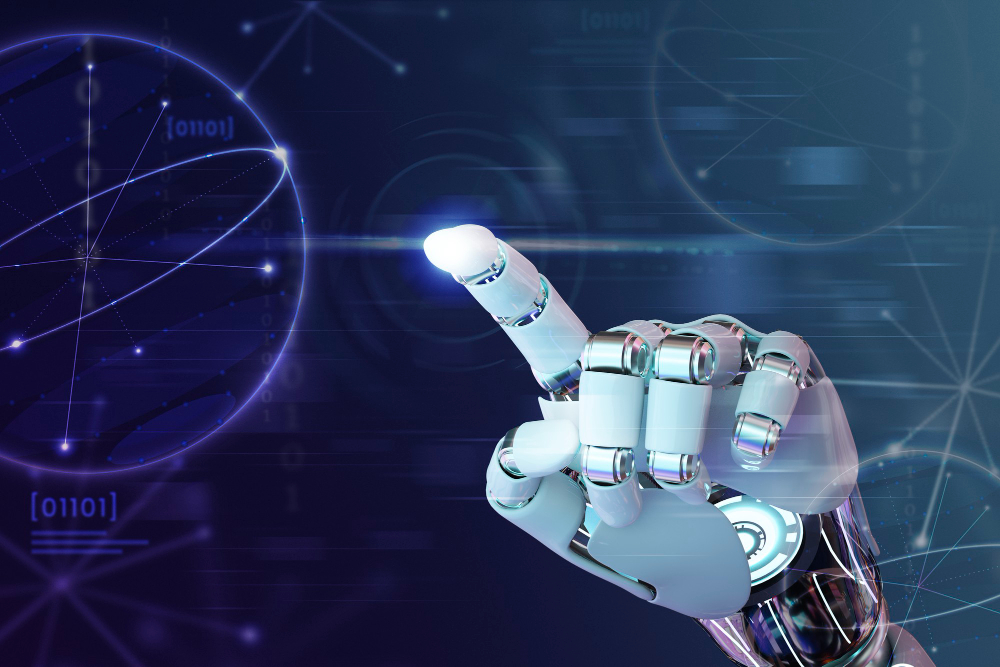Explore the cutting-edge world of machine learning in 2024, from healthcare innovations to ethical considerations, and the rise of AI in diverse sectors. Stay informed and ahead of the curve.


Advancements in Deep Learning: Deep learning techniques, such as neural networks, are likely to continue to evolve. We can expect more efficient and powerful models for various applications, including natural language processing, computer vision, and speech recognition.
Explainable AI: As machine learning systems become more integrated into critical decision-making processes, there will likely be a greater emphasis on making AI systems more transparent and understandable to users and regulators.
AI in Healthcare: The healthcare industry will increasingly leverage machine learning for disease diagnosis, drug discovery, and personalized medicine. AI-driven medical imaging and predictive analytics will become more prevalent.
Edge AI: Machine learning models are expected to run on edge devices, reducing latency and improving real-time processing for applications like autonomous vehicles and IoT devices.
Ethical AI: The ethical considerations surrounding AI and machine learning will continue to be a major focus. Developers and organizations will work on mitigating bias, ensuring privacy, and addressing ethical concerns in AI applications.
Federated Learning: Privacy concerns will drive the adoption of federated learning, where machine learning models are trained on decentralized data sources without sharing sensitive information.
AI for Climate Change: Machine learning will play a significant role in addressing climate change, from optimizing energy consumption to predicting weather patterns and natural disasters.
Quantum Machine Learning: The intersection of quantum computing and machine learning is an emerging field. In 2024, we might see more experiments and applications that leverage quantum computing for complex ML tasks.
AI in Education: Personalized learning experiences and AI-driven education platforms will become more widespread, catering to the individual needs of students.
AI in Cybersecurity: Machine learning will be integral in cybersecurity, identifying and mitigating threats in real time and adapting to evolving attack tactics.
AI Regulation: Governments and international bodies will likely introduce more regulations and standards for AI, especially in high-stakes areas like autonomous vehicles and healthcare.
AI in Business: AI-driven decision support systems will be integral for businesses, helping with strategic planning, customer service, and optimizing operations.
Natural Language Processing: Advances in NLP will lead to more natural and context-aware interactions with AI, improving chatbots, virtual assistants, and language translation.
AI for Creativity: Machine learning will be used to enhance creative tasks, such as generating art, music, and content.
AI and Robotics: Robotics will be more intertwined with AI, leading to smarter and more autonomous robots in various industries, including manufacturing and healthcare.